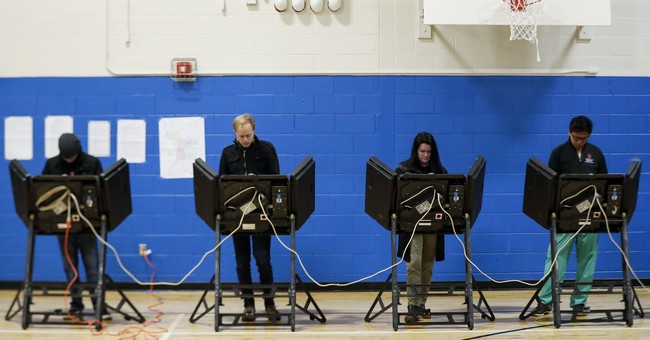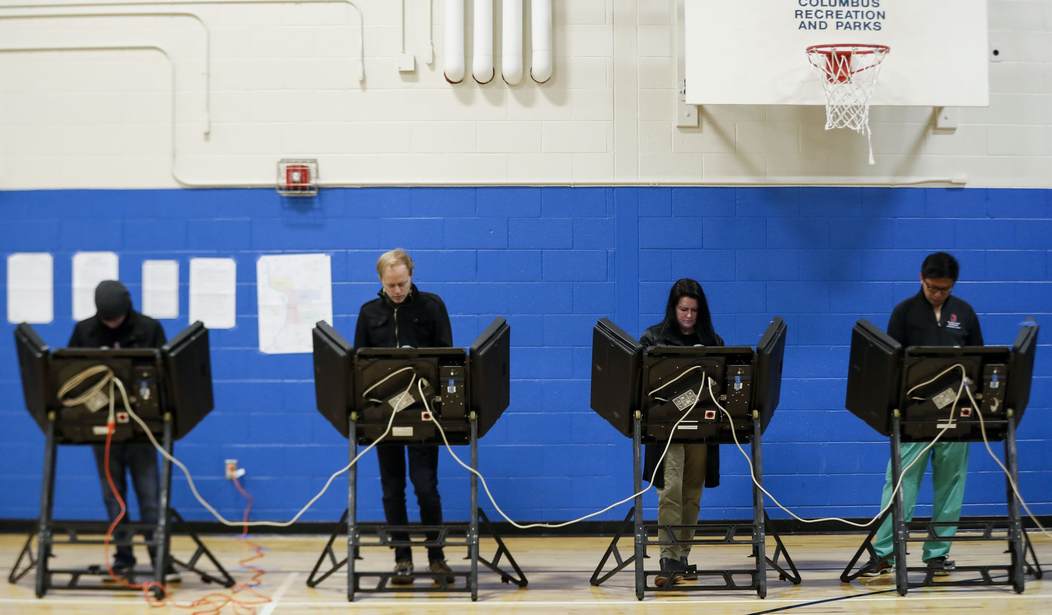
Silenced but not powerless.
The silent majority is silent for a few reasons. For one, they don’t have the time or the energy to dedicate to arguing politics and reasoning in the public square. They’re too busy being useful. They’re going to work, raising their families, taking care of their own business.
The silent majority is also silent because it’s unwilling to put all of these things at risk by speaking out. They’re afraid that if they do they will be punished, and sadly, in our day and age, the chances that they’re right are far higher than they’ve ever been.
Cancel culture is a plague on western culture, and it’s taught many people that staying silent is far safer than speaking or acting out. Many Americans have essentially abandoned the battlefield of ideas out of fear that merely saying something like “all lives matter” or that “there are only two genders” would find them jobless, physically assaulted, and effectively ruined.
According to a new study by the Cato Institute, a staggering number of right-leaning Americans have expressed a fear of speaking out while left-leaning Americans feel completely confident in letting their opinions fly:
A new Cato Institute/YouGov national survey of 2,000 Americans finds that self-censorship is on the rise. Nearly two-thirds, 62%, of Americans say the political climate these days prevents them from saying things they believe because others might find them offensive. This is up from 2017 when 58% agreed with this statement. These fears cross partisan lines with majorities of Democrats (52%), independents (59%) and Republicans (77%) who all agree they have political opinions they are afraid to share.
Staunch liberals are the only political group who feel they can express themselves: 58% feel they can say what they believe. However, a slim majority (52%) of centrist liberals say the current political climate prevents them from saying what they believe—up from 45% in 2017. These data suggest that the issue of political expression divides the Democratic coalition between centrists Democrats and their left flank. Large majorities of moderates (64%) as well as conservatives (77%) also feel they can’t authentically express their views.
This single poll is pretty clear about one thing, and may completely imply another.
For one, it proves that cancel culture is by and large a left-leaning weapon used to silence the speech of anyone who disagrees with them through punishments. It’s anti-liberal and incredibly evil. It’s not just evil because it silences others, but it paints perfectly innocent people as akin to Hitler based off of flimsy to no evidence whatsoever. Entire lives are ruined strictly because that person disagreed with a point that’s being made by a mob that hardly knows what it’s talking about in the first place.
The thing that it implies, however, may give us hope.
The silent majority, as mentioned earlier, is silent for many reasons, but when it comes to the point of action, the silent majority will enact their will anonymously. If Trump wins 2020, it will be proof positive that all the polls and talking heads were, once again, wrong about their predictions just like they were in 2016.
Instead of speaking out, they would rather bide their time and, when the appropriate moment to have their voices heard comes, they will pull the proverbial lever and go home. Trump will get reelected and many people will be scratching their heads wondering how this could have happened.
The others will be rioting, refusing to accept the results.
Either way, this Cato poll may be the first clue into what’s in store for the future.
To be clear, Trump’s reelection would be a great boon for America as the alternative is a troubled, elderly man who needs rescuing from his own party.
But as great as Trump’s reelection would be, it would merely be a stop-gap measure. The White House is just one battle of a much larger war. We also need to direct troops to a multitude of institutions where the left has settled in and set up fortifications like academia, the arts, etc.














